BY TSEMA EDE-OKOYE
Nigeria’s minister for information and culture, Lai Mohammed, is in the news again for saying that the Nigerian government will not rest until social media is regulated.
“When you talk about fake news and its dangers, we need to take it seriously, and I am happy that the entire world is now seeing what we saw more than two years ago. I can assure you that we will not rest until we regulate the social media. Otherwise, nobody will survive it,” the minister recently said.
The minister has been accused by local and international news of giving contradictory accounts of events in the country. In an interview with DW’s Tim Sebastian, the information minister, in defence of Nigeria’s human rights records, stated that “this government does not violate anybody’s right”. In the same interview, Tim accused him of being “out of the loop” with Nigeria’s politics.
As a Nigerian living in Nigeria, I do not think he is out of the loop. I believe that it was easier for him to feign ignorance than to acknowledge how poorly this government is doing in protecting, respecting, and enforcing fundamental rights.
Advertisement
Following the recent indefinite suspension of Twitter activities in Nigeria, one worries that this government has a proclivity towards censorship. Fortunately, the legislative process to amend the laws establishing the National Broadcasting Commission and the Nigerian Press Council was suspended by the senator who sponsored the bills. The passage of those bills into law would have meant increased censorship and criminalisation of free speech. The trend of passing laws that tend to quell internet freedoms, breach online privacies, and impugn citizens’ access to information in the digital space is not peculiar to Nigeria. Globally, civil society and human rights activists have engaged State powers on the importance of allowing free speech to protect democracies.
So what is with this digital rights brouhaha and why are people starting to speak a lot about the need to ensure these rights stay protected? In 2012 (and again in 2014 and 2016), the UN Human Rights Council agreed that the “same rights that people have offline must also be protected online”.
Rather than the United Nations seeking to define new rights for the online space, they recommended extending existing human rights to cyberspace. Bringing this home, all the rights guaranteed by the constitution are as valid online as they are offline.
Advertisement
Early in 2021, the managing editor of Peoples Gazette (an online newspaper) stated that access to their website was restricted. The site could only be accessed via WiFi, fibre optics, and when using a VPN, a virtual private network that can disguise the user’s location to bypass censorship.
There’s a lack of clarity about who is responsible for fake news flooding the internet and what to do about it.
Network shutdowns of the internet and social media under the guise of curbing the spread of false news have not helped the advancement of digital rights. Although rumours and misinformation have long been a problem online. Several international human rights monitoring bodies have criticised the criminalisation of false news because it harms the right to freedom of expression.
The social media bill, the hate speech bill, the NGO bill, the proposed amendments to the NBC code, and the Nigerian Press Council Act all point to this government’s ardent desire to curb expressions online and via the media. The ministry of information is not the only government institution trying to restrict free speech and media freedoms. In an Amnesty International report, we learn that other government agencies like the Nigeria Police, the Department of State Services, and the Nigerian Army have used indiscriminate arrests and detentions to stop media practitioners from seeking access to information, sharing information, or express critical views that could drive public opinion.
Advertisement
In July 2021, the National Broadcasting Commission (NBC) advised broadcast stations not to report details of insurgent/ bandit attacks. In TheCable’s report, the commission advised broadcasters to apply caution in their reportage as divulging “too many details” may harm the efforts of the Nigerian security agencies.
With insurgency and rising violence in the country, protecting national security is important but Nigeria fails in ensuring protection while retaining the critical underpinnings of our democratic systems – free speech, freedom of assembly and association, and, critically, the right to privacy.
On March 3, 2017, the UN special rapporteur on freedom of opinion and expression, together with his counterparts from the Organization for Security and Cooperation in Europe (OSCE), the Organization of American States (OAS), and the African Commission on Human and People’s Rights (ACHPR), issued a joint declaration on ‘fake news’, disinformation, and propaganda.
The joint declaration emphasised that “the human right to impart information and ideas is not limited to ‘correct’ statements, that the right to also protect information and ideas that may shock, offend and disturb”. It also said that “general prohibitions on the dissemination of information based on vague and ambiguous ideas, including ‘false news’ or ‘non-objective information’ are incompatible with international standards for restrictions on freedom of expression”.
Advertisement
Measures by the government to curb information disorder often contain ambiguous definitions of what constitutes ‘false’ ‘unfounded’ or ‘biased’, which does not adequately describe the content that is prohibited. The Economic Community of West African States (ECOWAS) Court of Justice has also ruled that speech that may appear false need not be criminalised considering that the interest of protecting the right to freedom of expression clearly outweighs the untested importance of censorship.
In June 2019, I wrote about how our freedom of speech is threatened in Nigeria. It is quite unfortunate that not much has changed since then, rather we continue to witness consistent disregard for human rights in our democracy.
Advertisement
The restrictions do not only affect journalists, rights activists, and youth movements. It also affects businesses and prevents citizens from speaking out on critical issues. Economic growth and overall well-being are closely linked to the respect and protection of rights. The evolving role of digital media has no doubt impacted the relationship between the government and the citizens they serve, however, access to information is critical for the government’s transparency and accountability.
Free speech and access to information are the glue that holds a democracy together.
Advertisement
Consequently, to resist the decline, each of us must be active and involved in our community and country as much as possible. Where it is necessary, we must resist unjust laws.
Also, we must vote, move into our state and national assemblies, speak the truth to power, and build coalitions that contribute to solving problems at the federal, state, and local government levels.
Advertisement
As we think about ways to contribute to Nigeria’s budding democracy, let us remember that we owe it to future generations to ensure a fair, just and equitable society for them to thrive.
Tsema Ede-Okoye is a lawyer with several years’ experience in human rights, conflict & dispute resolutions, governance, and gender. She can be reached via [email protected]
Views expressed by contributors are strictly personal and not of TheCable.
1 comments


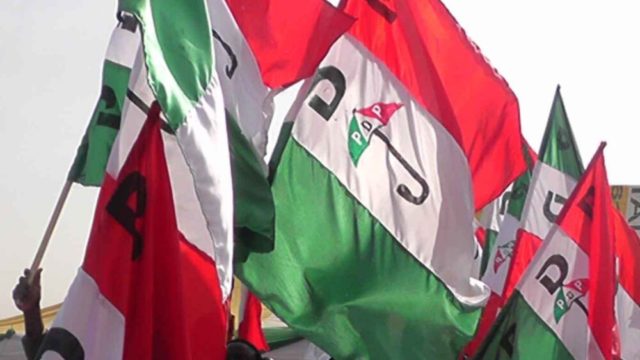
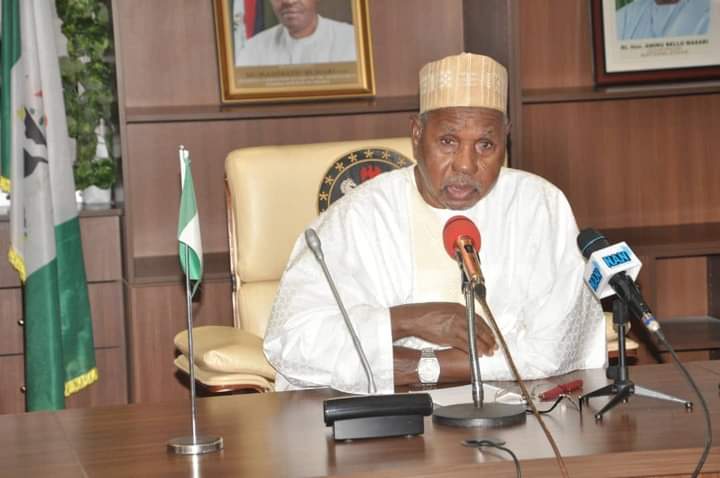
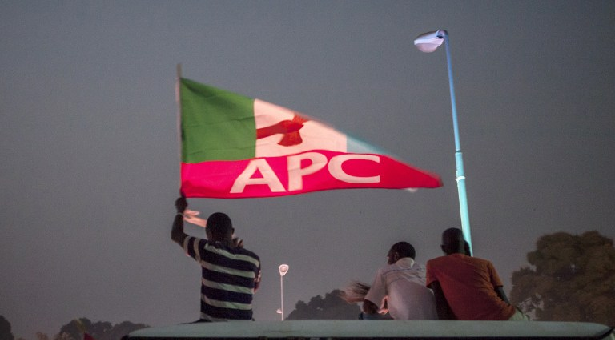
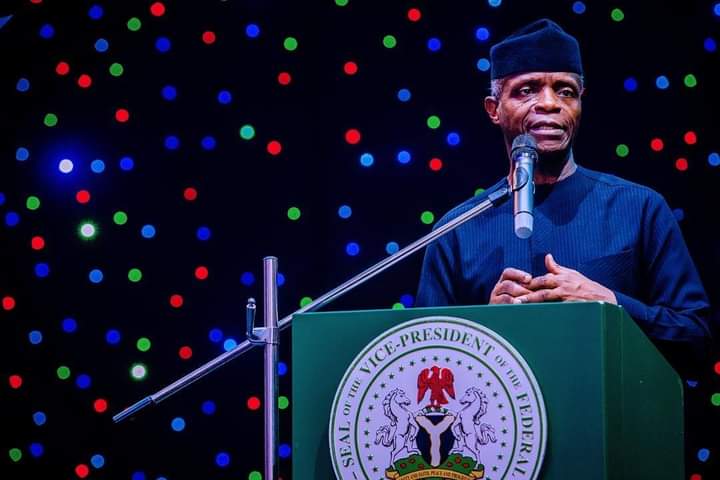
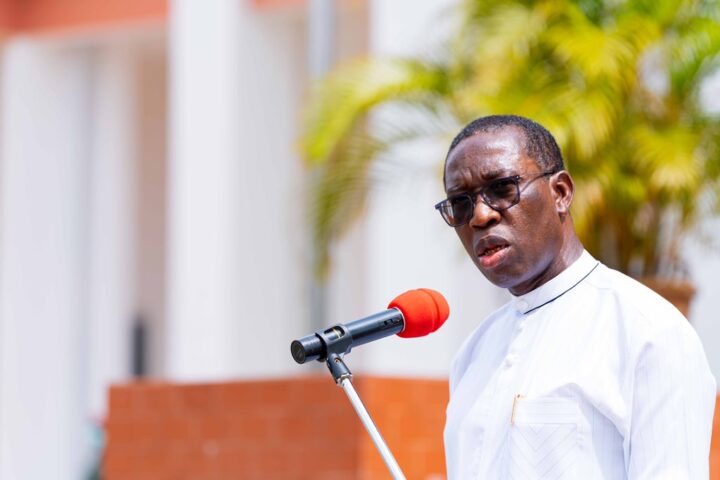
Very apt